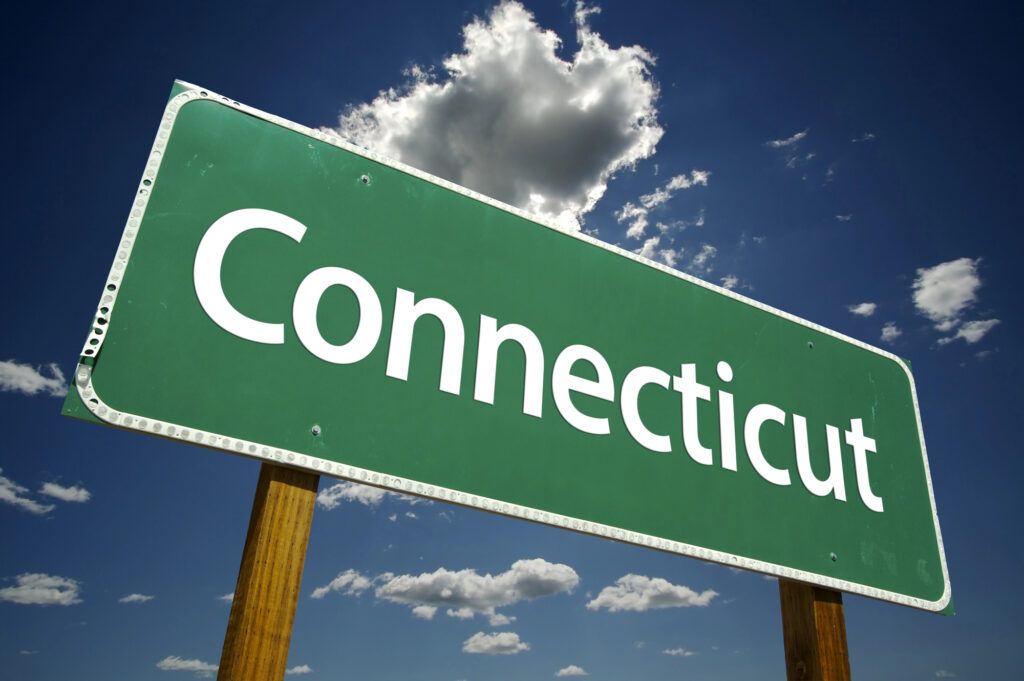# Mystery Seeds in Connecticut: Agricultural Officials Warn Against Unexpected Mail Deliveries
Connecticut residents are being alerted about a concerning phenomenon occurring across the state – the arrival of unsolicited seed packages in mailboxes from unknown sources.
Explore top-rated stays with no booking fees and instant confirmation. Your dream trip starts here!
Start Exploring Now
Agricultural officials have raised alarms about these mystery seeds, which could potentially harbor invasive species, plant diseases, or pests capable of threatening Connecticut’s local ecosystems, farms, and gardens.
The Connecticut Agricultural Experiment Station (CAES) and Department of Agriculture (CT DoAg) are providing guidance on how to properly handle and dispose of these packages to prevent potential environmental harm.
Why Connecticut Officials Are Concerned About Mystery Seeds
From Hartford to New Haven, residents across Connecticut have reported receiving unexpected seed packages in their mail.
These unsolicited deliveries might seem harmless, but agricultural experts caution that they could introduce serious threats to our environment.
Potential Risks to Connecticut’s Agriculture
The seeds arriving in towns like Stamford and Greenwich could harbor plant diseases, invasive insects, or noxious weeds that pose significant risks to local crops and native plant species.
Once established, invasive plants can be extremely difficult and expensive to eradicate.
In Waterbury and surrounding areas, farmers are particularly concerned about the potential impact on their livelihoods if harmful species were to establish themselves.
Proper Disposal Methods for Unsolicited Seeds
The USDA has established clear protocols for Connecticut residents who receive these mystery seed packages.
Protecting our local ecosystems from Bridgeport to New London requires everyone to follow proper disposal procedures.
Surrendering Seeds to Authorities
The preferred method for handling unsolicited seeds is to surrender them to the proper authorities.
Residents of Danbury and other Connecticut communities can deliver seed packages in person or by mail to:
USDA Plant Protection and Quarantine office
97 Barnes Road, Unit 200
Wallingford, CT 06492
If you’re mailing the seeds, follow these guidelines:
Alternative Disposal Options
If you’re unable to mail or deliver the seeds to the Wallingford office, the USDA has approved an alternative disposal method:
What to Do If You’ve Already Planted Unknown Seeds
Some residents in towns like Bristol may have already planted seeds before learning about the potential risks.
If you’ve planted unsolicited seeds or cannot surrender them following the methods above, email the Connecticut Agricultural Experiment Station immediately for guidance.
When contacting CAES, be sure to include:
Protecting Connecticut’s Agricultural Heritage
Connecticut’s diverse agricultural landscape, from the farms of Litchfield County to the community gardens of Fairfield, represents both economic value and cultural heritage.
The vigilance of residents in properly handling these mystery seeds helps protect our state’s natural resources.
Officials stress that under no circumstances should these seeds be planted in gardens or natural areas.
They should not be casually discarded where they might germinate.
Following proper disposal procedures is crucial to safeguarding Connecticut’s agricultural future.
Here is the source article for this story: State asks residents to dispose of unsolicited seeds
Find available hotels and vacation homes instantly. No fees, best rates guaranteed!
Check Availability Now









